EPE Network: Speakers
16 -18 June 2025
London School of Economics, London, UK
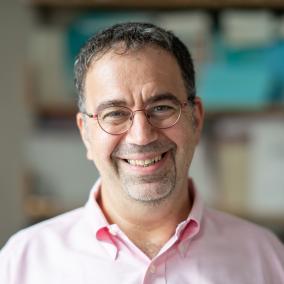
Daron Acemoglu is an Institute Professor at MIT, Faculty Co-Director of MIT’s Shaping the Future of Work Initiative, and a Research Affiliate at MIT’s newly established Blueprint Labs. He is an elected fellow of the National Academy of Sciences, American Philosophical Society, the British Academy of Sciences, the Turkish Academy of Sciences, the American Academy of Arts and Sciences, the Econometric Society, the European Economic Association, and the Society of Labor Economists. He is also a member of the Group of Thirty.
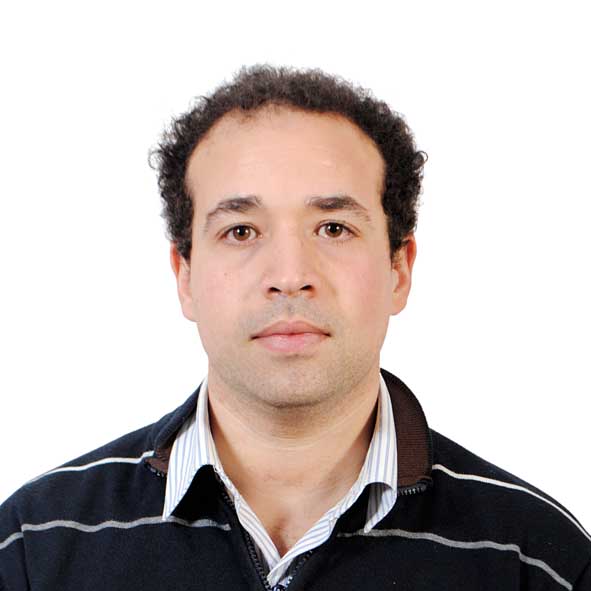
Amr Adly is assistant professor in the department of political science at The American University in Cairo (AUC). He worked as a researcher at the Middle East directions program at the European University Institute. He worked as a non-resident scholar at the Carnegie Middle East Center, where his research centered on political economy, development studies, and economic sociology of the Middle East, with a focus on Egypt.
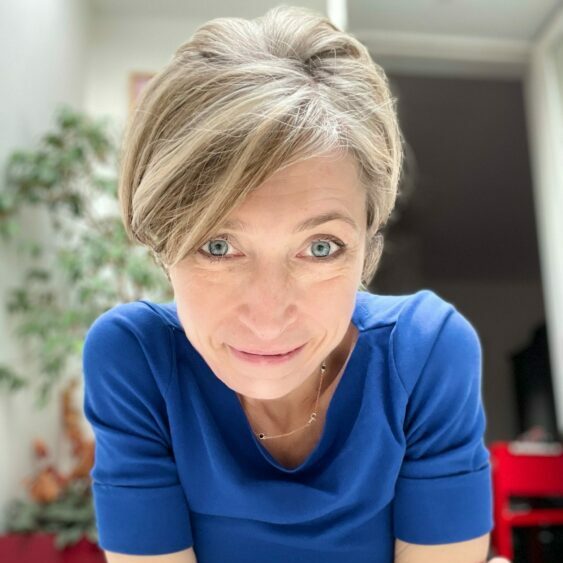
Oriana Bandiera is the Sir Anthony Atkinson Professor of Economics at the LSE, director of the Hub for Equal Representation at the LSE and of the Gender, Growth and Labour Markets in Low-Income Countries programme at IZA. She studies organisations and labor markets, how they affect the process of development, and how they are affected by it.
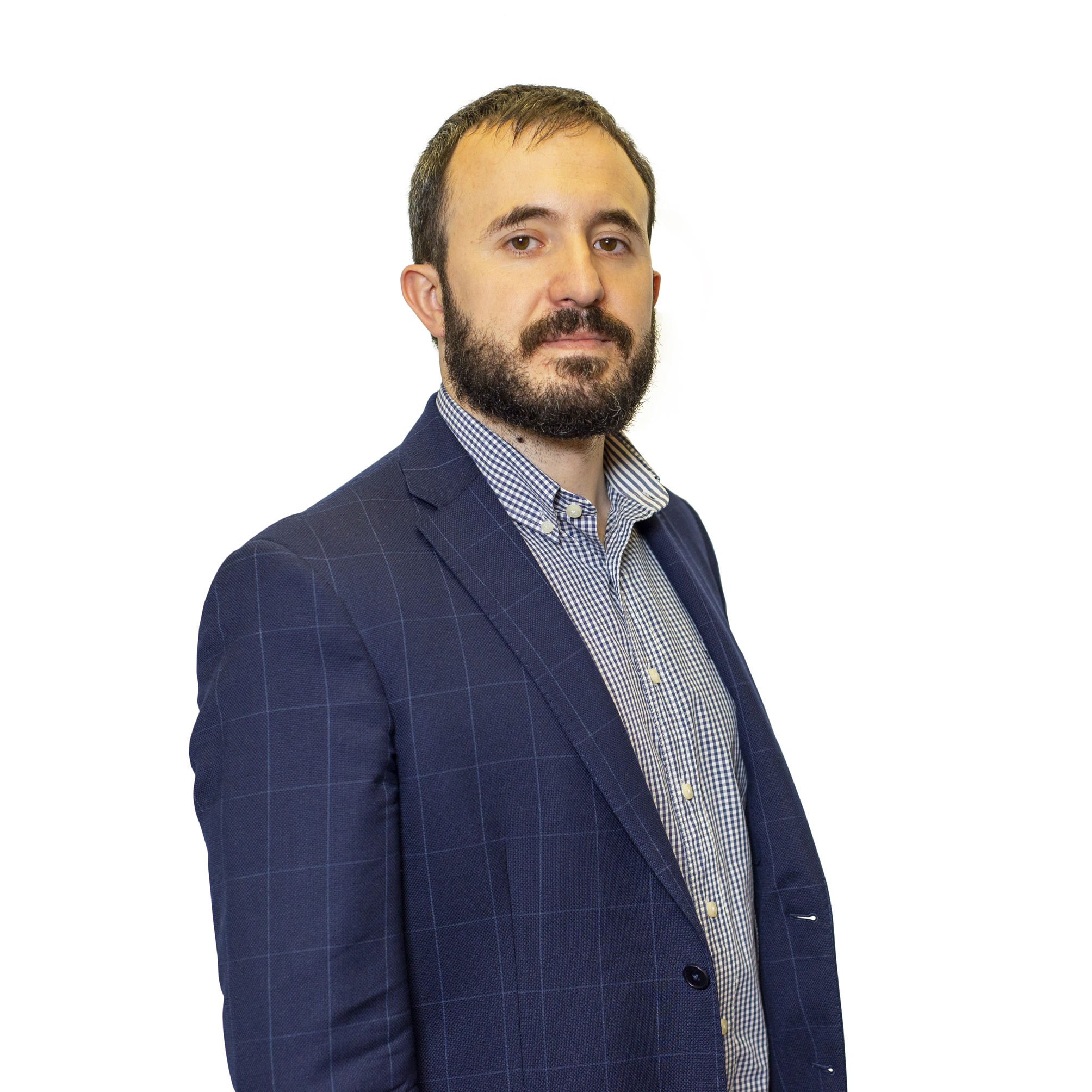
Julen Berasaluce Iza is currently a professor of economics at El Colegio de México. He specializes in industrial policy, its application in East Asian countries, particularly in the Republic of Korea, and the relationship between the external sector and economic growth.
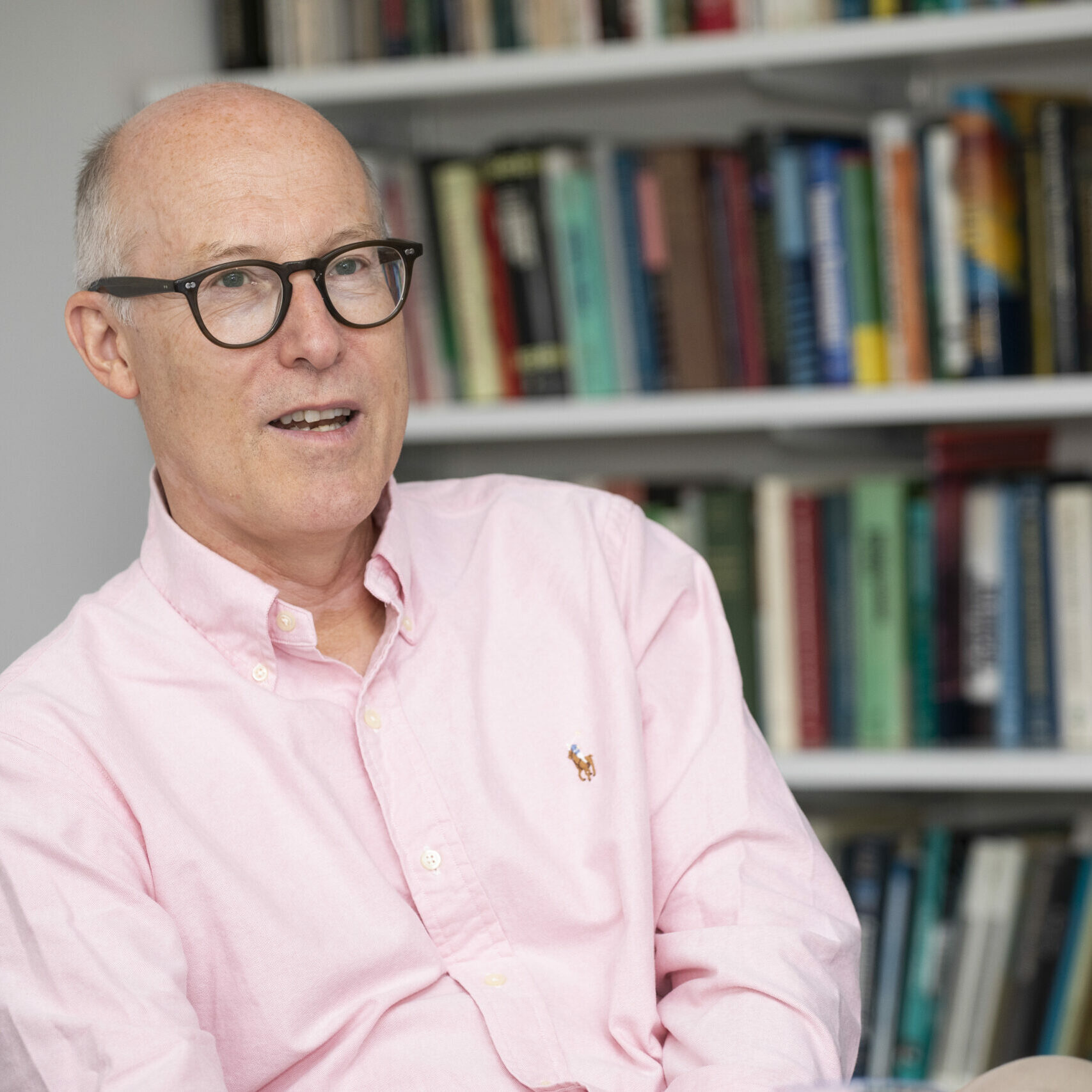
Tim Besley is Director of the Programme on Cohesive Capitalism, School Professor of Economics and Political Science and Sir W. Arthur Lewis Professor of Development Economics at the LSE. He has served on the Bank of England Monetary Policy Committee and as a member of the UK National Infrastructure Commission. A past president of the Econometric Society and Royal Economic Society, he was a 2023 winner of the FBBVA Frontiers of Knowledge award for his work in political economy.
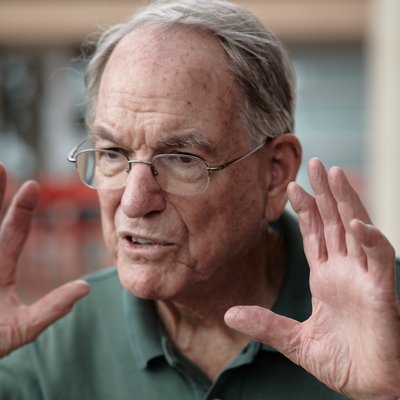
Samuel Bowles (Emergent Political Economies, Santa Fe Institute) is an interdisciplinary researcher exploring how societal institutions and individual behaviors coevolve, with a focus on inequality, cooperation, and ethics. His work challenges the notion that humans are purely self-interested, drawing on fields like economics, biology, and anthropology. Using diverse methods—from behavioral experiments to machine learning—he investigates the origins of inequality, ethical preferences, and how economic thinking can evolve to reflect our place in the biosphere.
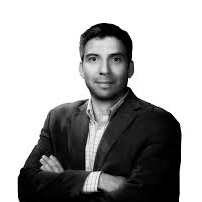
Dr. Campos Vázquez (Understanding Inequalities: Conversations in Education and Research from the Global South – El Colegio de México) graduated with a Bachelor’s Degree in Economics from the Tecnológico de Monterrey, Monterrey Campus in May 2000. His areas of specialization are Labor Economics, Public Sector Economics, and Development Economics.
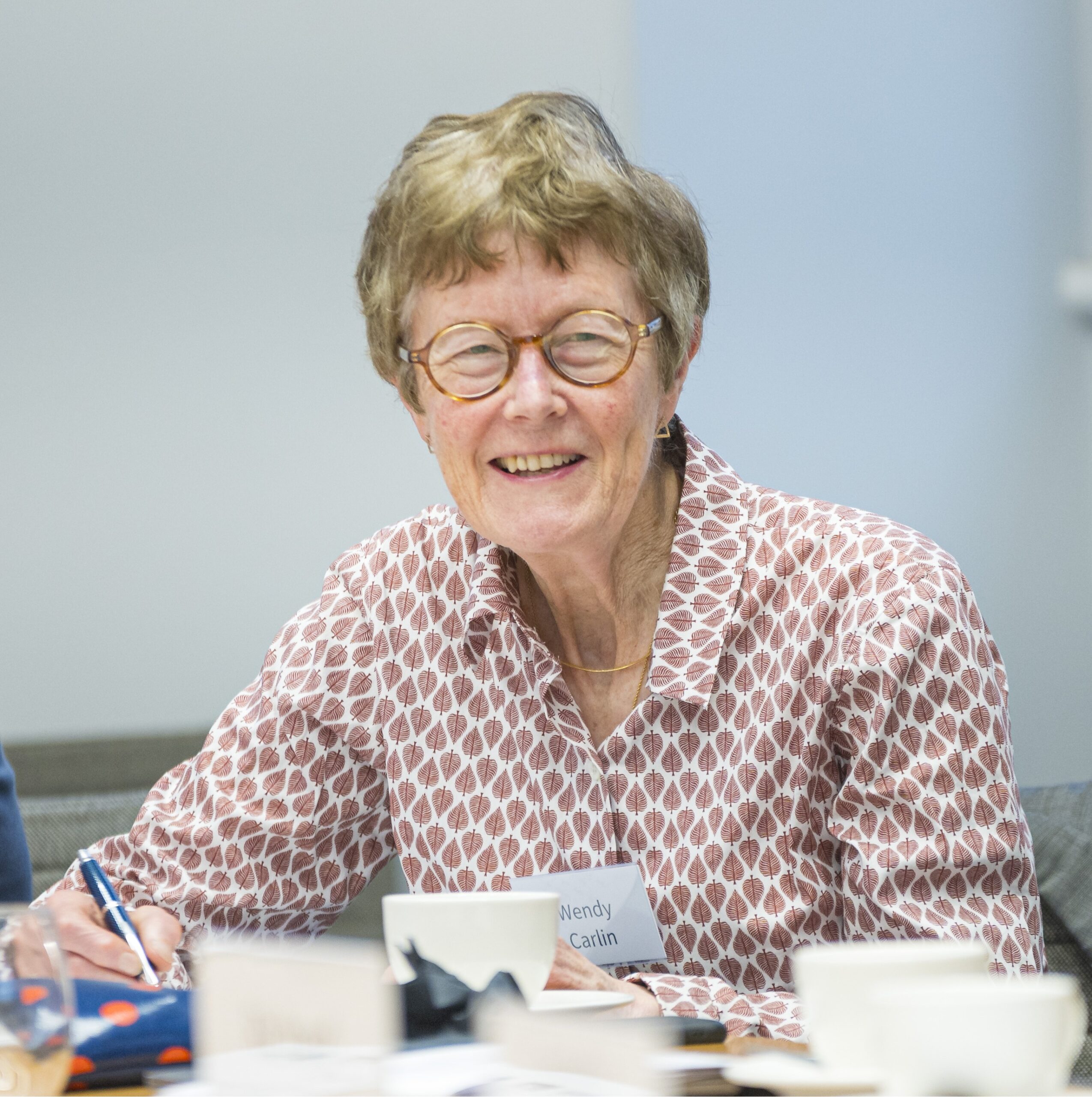
Wendy Carlin FBA is Professor of Economics in the Economics Department at UCL, Research Fellow of the CEPR and external professor at the Santa Fe Institute. Her research is on macroeconomics, institutions and economic performance, the economics of transition, and evolution of economic research and education. Her fourth macroeconomics book subtitled Institutions, instability, and inequality co-authored with David Soskice was published in 2024. She is a member of the Expert Advisory Panel of the Office for Budget Responsibility.
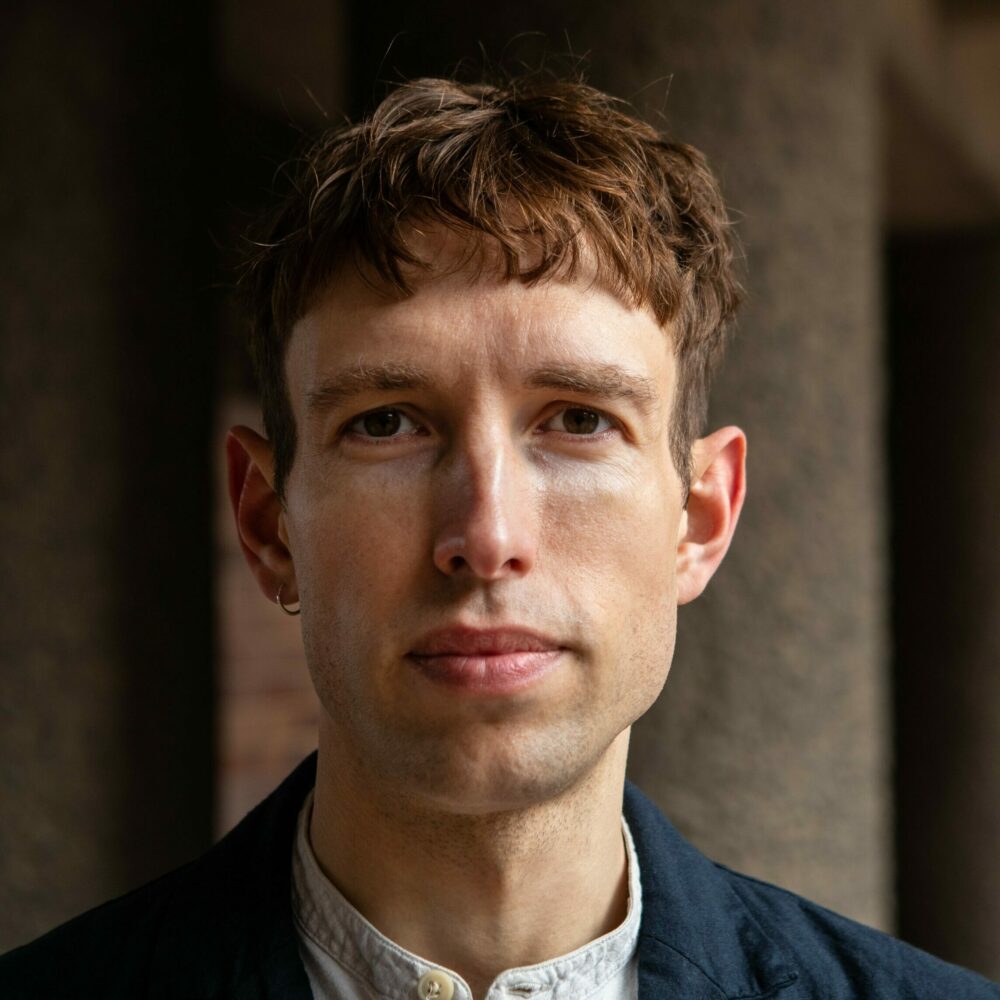
Daniel Chandler is an economist and philosopher based at the LSE, where he is Research Director of the Programme on Cohesive Capitalism. Prior to joining LSE, he worked as a policy advisor in the Prime Minister’s Strategy Unit and Deputy Prime Minister’s Office, and as a researcher at think tanks including the Resolution Foundation and Institute for Fiscal Studies. His book Free and Equal: What Would a Fair Society Look Like? was named one of the best books of 2023 by the Financial Times.
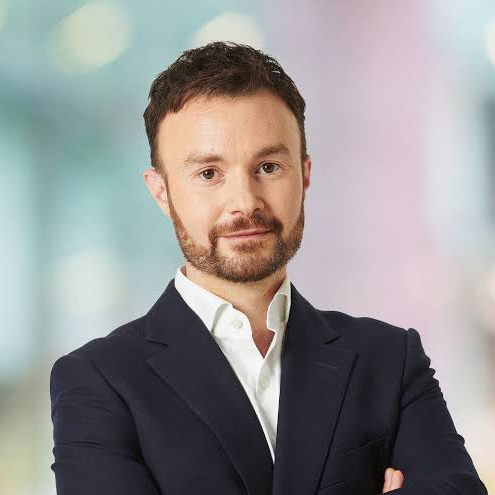
Hassan Damluji is a senior executive, advisor and author on global affairs, with a track record of building and leading teams, organisations and large-scale initiatives, working in complex stakeholder environments. He is a co-founder of Global Nation, a think/do-tank that reimagines international cooperation. Global Nation advises the world’s leading institutions working on tackling humanity’s greatest challenges, including the Gates Foundation, WHO, the Asian Infrastructure Investment Bank, the Wellcome Trust, and national governments.
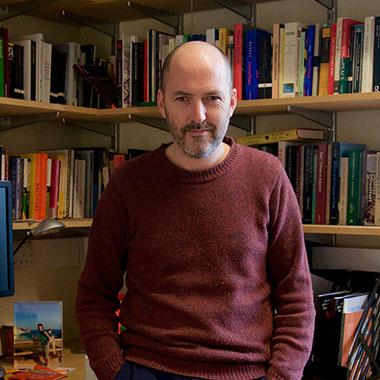
Will Davies (Goldsmiths) is a sociologist and political economist, working on diverse topics, including neoliberalism, happiness science, environmental politics and anti-expert politics. What links this work is an interest in the interface of knowledge and power, drawing on the work of Michel Foucault, Luc Boltanski and Max Weber. He is Co-Director of the interdisciplinary Political Economy Research Centre and convene the BA in Politics Philosophy & Economics.
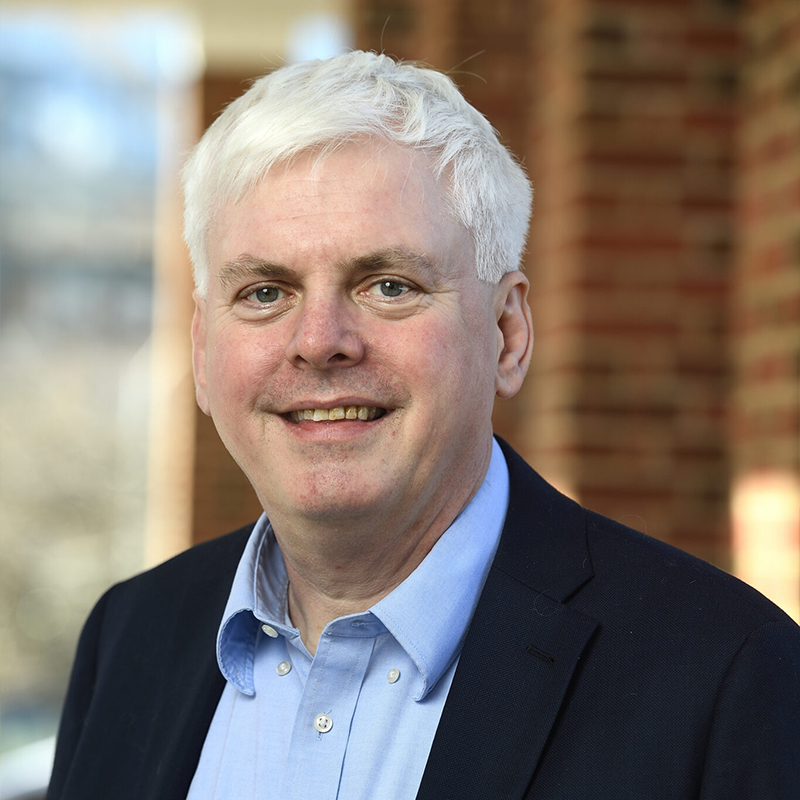
Henry Farrell is the SNF Agora Professor of International Affairs at Johns Hopkins School of Advanced International Studies, and the 2019 recipient of the Friedrich Schiedel Prize for Politics and Technology.
He is a member of the Council on Foreign Relations, and a Council Member of the European Council on Foreign Relations, as well as an affiliated scholar at Stanford University Law School’s Center for the Internet and Society, and an international correspondent for Stato e Mercato.
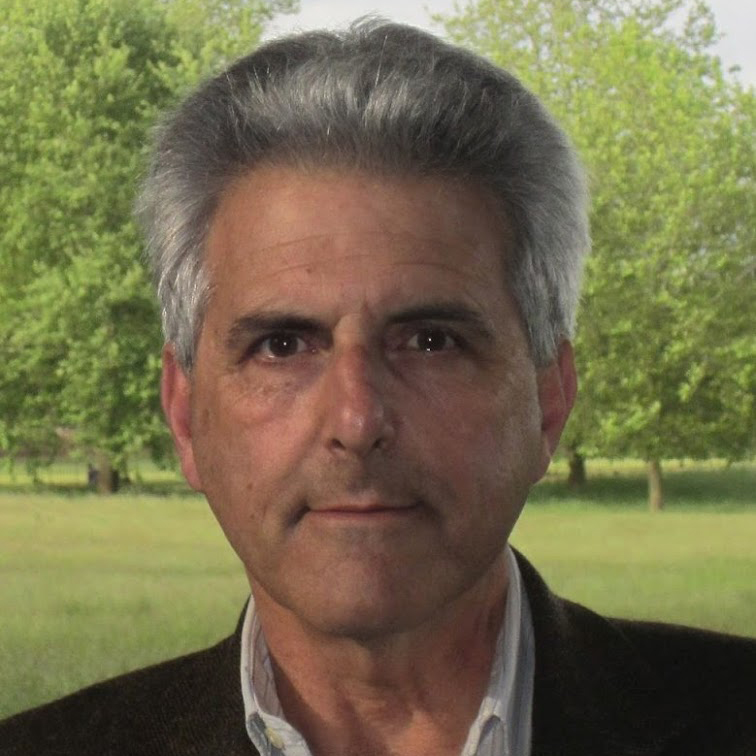
Neil Fligstein is the Class of 1939 Chancellor’s Professor. He is a founding member of the Berkeley Economy and Society Initiative. His main research interests lie in the fields of economic sociology, political economy, and organisational theory. He has been interested in developing and using a sociological view of how new social institutions emerge, remain stable, and are transformed to study a wide variety of seemingly disparate phenomena including the history of the large American corporation, the construction of a European legal and political system, and the financial crisis of 2007–2009.
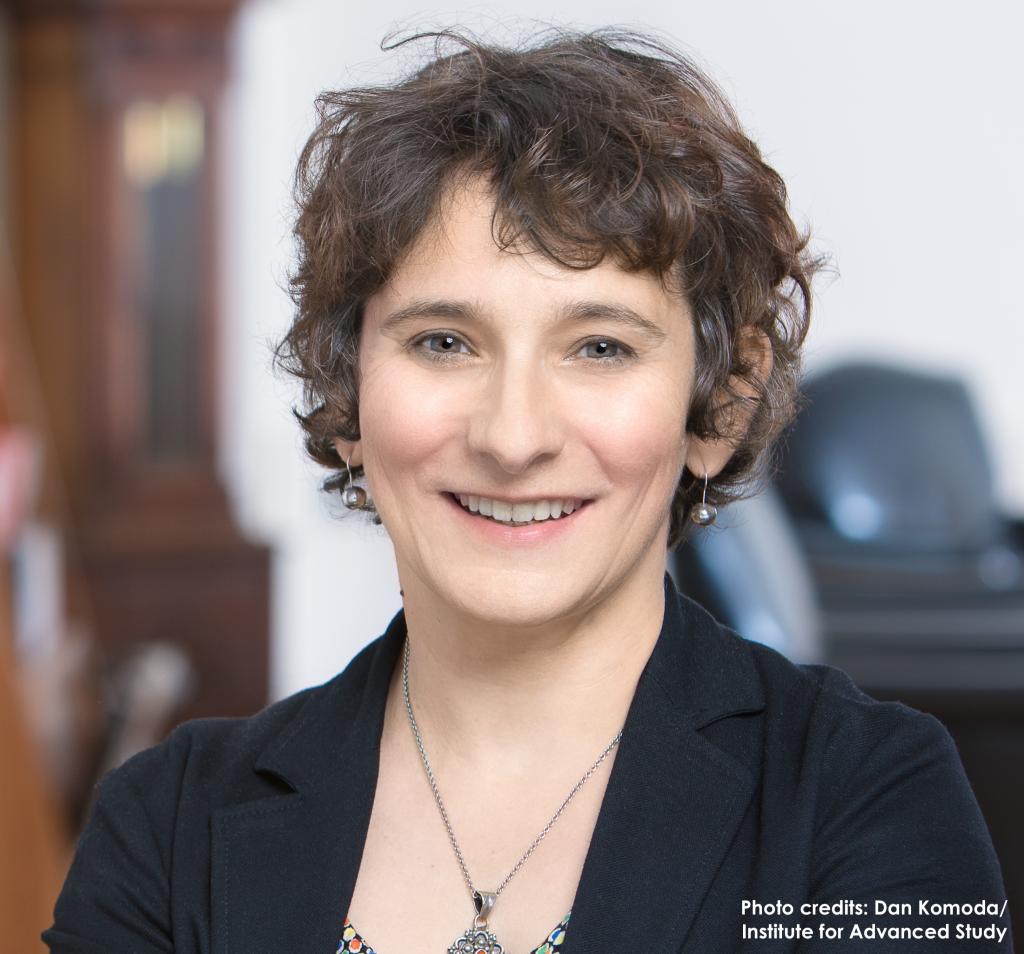
Marion Fourcade is Professor of Sociology and Director of Social Science Matrix at UC Berkeley. She is the author of Economists and Societies: Discipline and Profession in the United States, Britain and France, 1890s to 1990s. A second book, The Ordinal Society (with Kieran Healy), describes the social and economic consequences of a new regime of knowledge that sees and scales people by way of behavioral data harvested through digital environments.
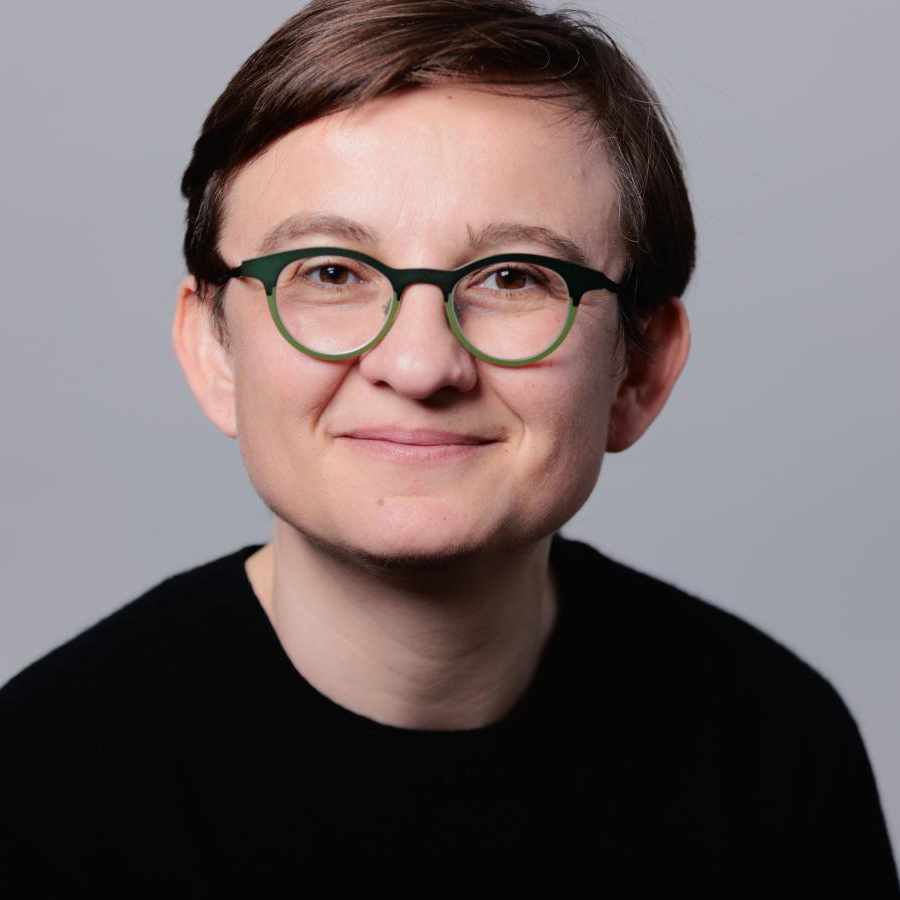
Daniela Gabor is Professor of Economics at SOAS University of London. She studies central banks, shadow money, just transitions and green industrial policies through a critical macrofinance lens. Daniela has served as an expert advisor for the European Parliament, the G20 under the Brazil Presidency, the United Nations 4th Financing for Development Agenda, civil society organisations and central banks. She is currently running two funded projects, REDCAJU (Rethinking Developmentalism for Climate and Social Justice and REDEF (Redesigning Finance for Climate Justice – a Big Green State approach).
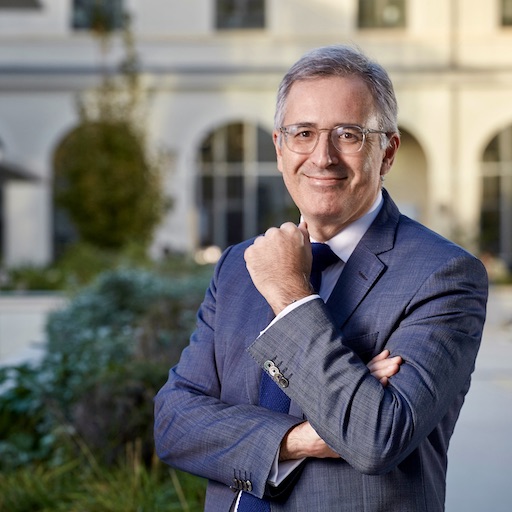
Sergei Guriev is the tenth Dean of London Business School. As Chief Executive Officer he is implementing a plan to fulfil a vision of LBS as an engaged community walking the learning journey together.
With a faculty recognised for its world-class academic research and a School community rich in diversity, LBS advances careers, transforms organisations and shapes policy. Its London and Dubai campuses are at the hub of a prestigious global network inspired by their own stories of life-changing impact.
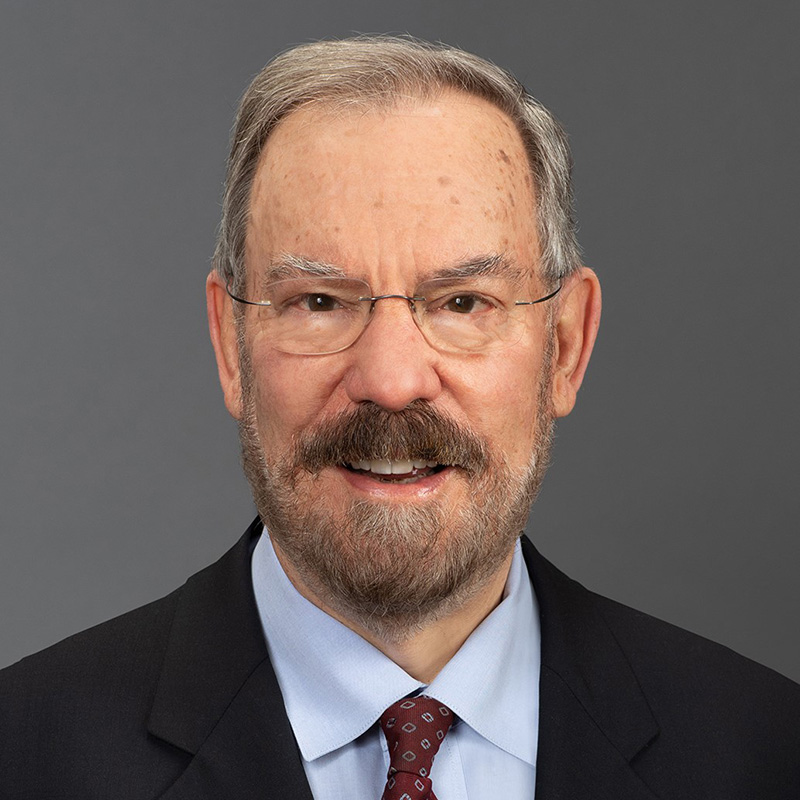
Peter A. Hall is the Krupp Foundation Professor of European Studies at the Minda de Gunzburg Center for European Studies of Harvard University. He has written extensively about comparative political economy, European politics, and public policymaking. He is the author or editor of ten books, including The Political Power of Economic Ideas (1990), Varieties of Capitalism (with D. Soskice, 2001), and Political Change and Electoral Coalitions in Western Democracies (with G. Evans and S.I. Kim, 2023) . Hall is Fellow of the British Academy and of the American Academy of Arts and Sciences. He is currently working on a book about how capitalism evolves.
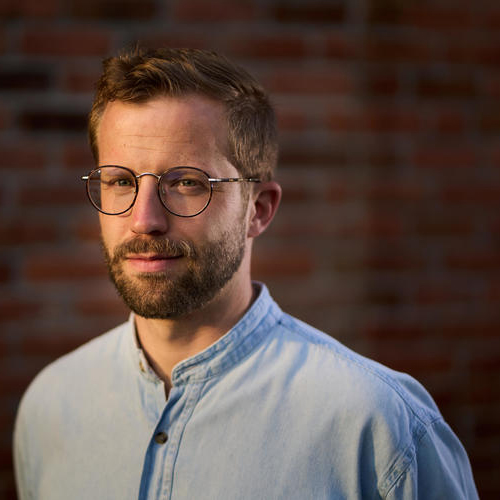
Simon Jäger is an Associate Professor of Economics and Public Affairs at Princeton University. Jointly appointed by Princeton University’s Department of Economics and the School of Public and International Affairs (SPIA), and a member of Princeton’s Industrial Relations Section. He is also a Research Associate at the National Bureau of Economic Research (NBER).
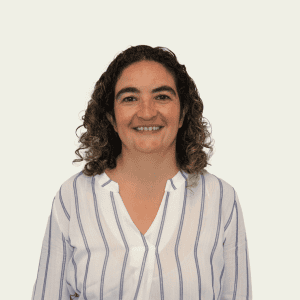
Paula Jaramillo, Teaching and Researching Equitable Economics from the South (TREES) – University of the Andes, Colombia is an economist who obtained her PhD in Economics from the University of Rochester. Her research centers on microeconomic topics such as game theory, market design, axiomatic resource allocation, and matching theory. She has a strong interest in teaching and its potential to positively influence students’ lives. Specifically, she is dedicated to understanding and addressing inequalities within the classroom environment.
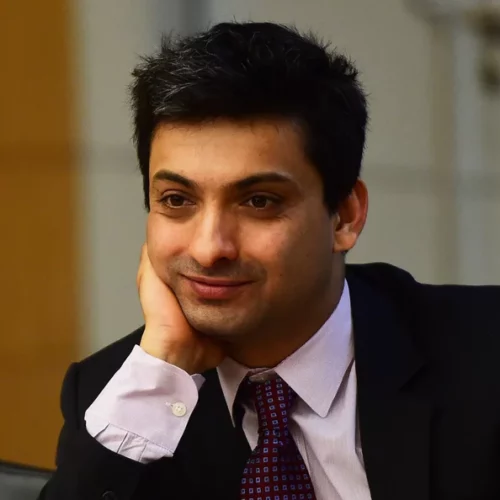
Arjun Jayadev teaches Economics at Azim Premji University. He has previously taught at the University of Massachusetts, Boston. He is also a Senior Economist at the Institute for New Economic Thinking. He holds a PhD in Economics from the University of Massachusetts, Amherst and was an inaugural post-doctoral fellow at the Committee on Global Thought, Columbia University. His research combines quantitative and theoretical analysis of Finance, Development, Political Economy and Intellectual Property.
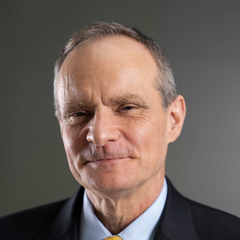
Simon Johnson is the Ronald A. Kurtz (1954) Professor of Entrepreneurship at the MIT Sloan School of Management, where he is head of the Global Economics and Management group. At MIT, he is also co-director of the Shaping the Future of Work Initiative and a Research Affiliate at Blueprint Labs.
In 2024, Johnson received the Sveriges Riksbank Prize in Economic Sciences in memory of Alfred Nobel, joint with Daron Acemoglu and James A. Robinson, “for studies of how institutions are formed and affect prosperity.
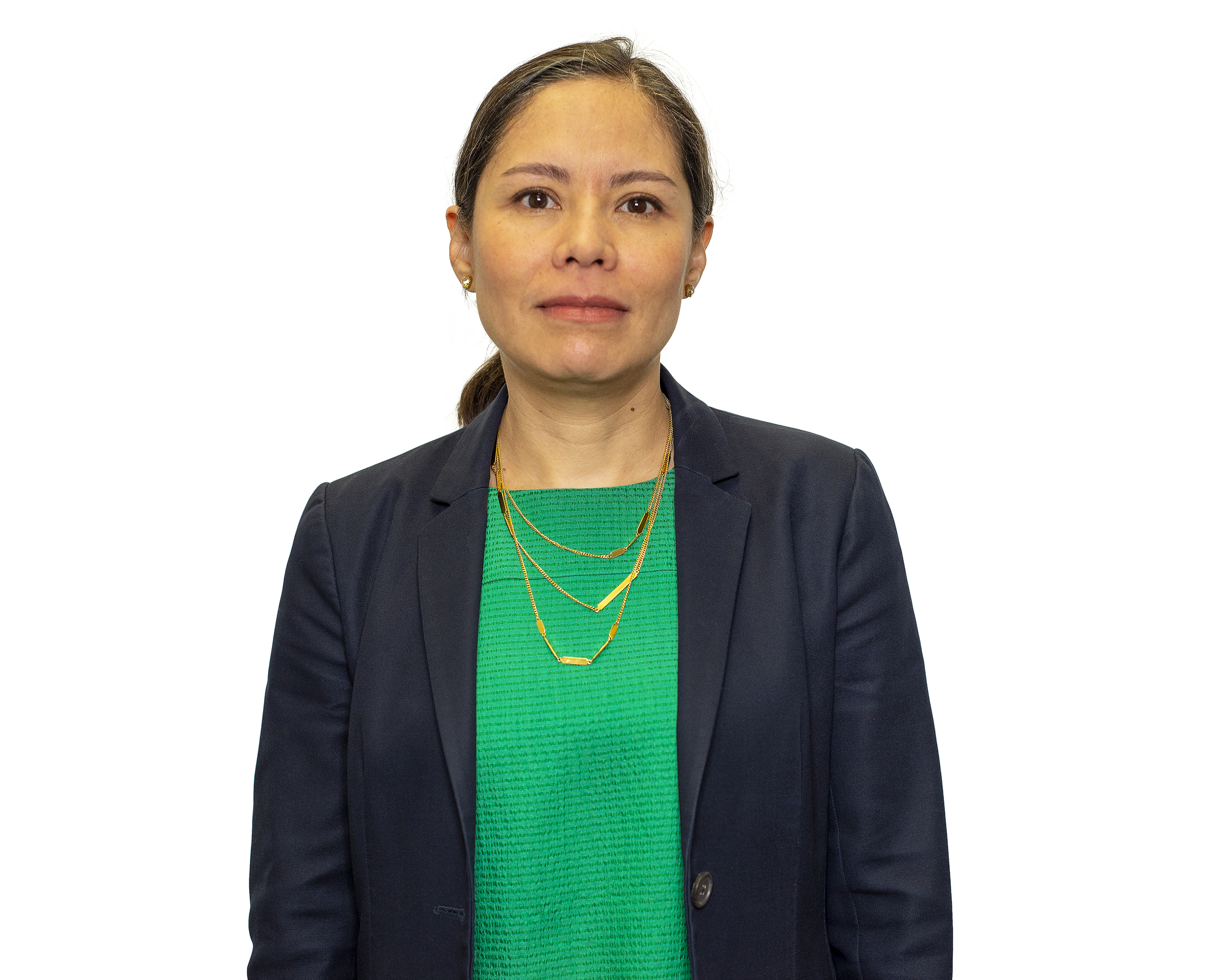
Laura Juárez holds a a PhD in Economics from the University of Texas. She is a research professor at the Center for Economic Studies at El Colegio de México. Her research examines the effects of non-contributory programs for older adults on household decisions, as well as various aspects of the Mexican labor market, among other topics. She has published in international academic journals such as the Journal of Public Economics and the World Bank Economic Review . She has served as a researcher at the Center for Economic Research at ITAM (2006–2012) and at the General Directorate of Economic Research at the Bank of Mexico (2013–April 2017).
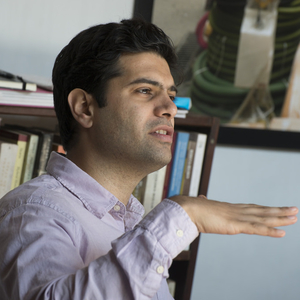
Anush Kapadia is Associate Professor at the Department of Humanities and Social Sciences at IIT Bombay. He works on the political economy of money, banking and financial systems. His most recent book, entitled A political theory of money, was published by Cambridge University Press in 2023. He is the PI on the New Political Economy Initiative, a project that aims to broaden social science approaches to studying the economy.
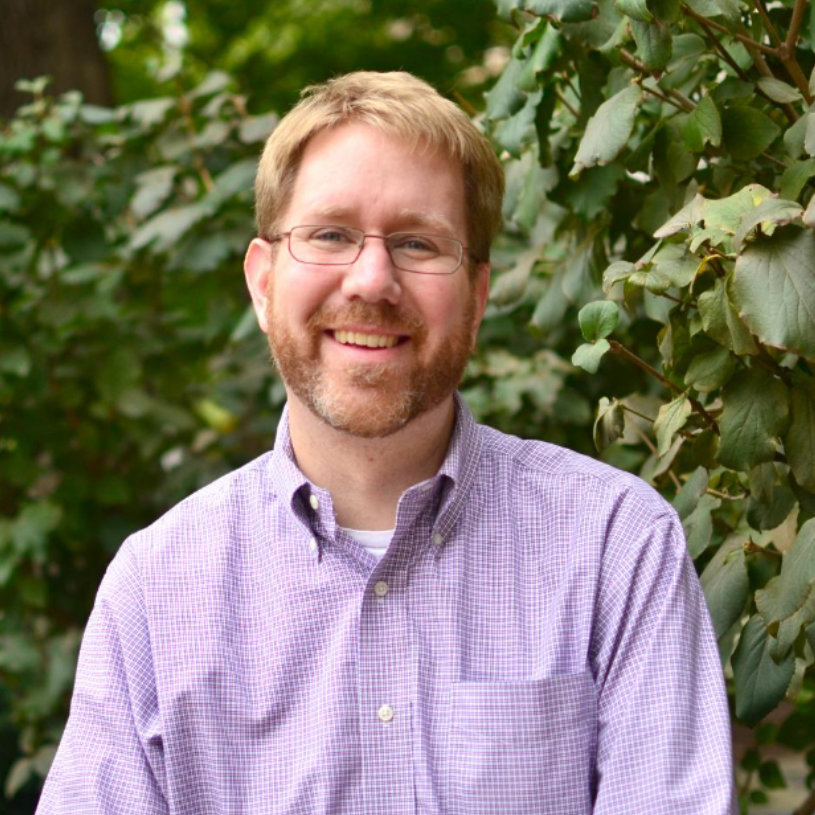
Brian Kettenring is Co-President of Global Fund for a New Economy, which works to mobilize resources and infrastructure to support the development of a new political economy. Previously, Kettenring served as the Director of the Economy and Society Initiative at the William and Flora Hewlett Foundation.

Larry Kramer took office as President and Vice Chancellor of the London School of Economics and Political Science on 1 April 2024. He served as President of the William and Flora Hewlett Foundation from 2012 to 2024 and as Richard E. Lang Professor of Law and Dean of Stanford Law School 2004 to 2012.
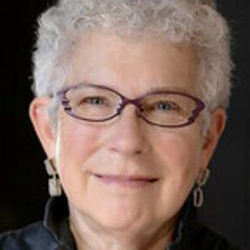
Margaret Levi is Professor of Political Science, Senior Fellow, Center on Democracy, Development and the Rule of Law, Freeman Spogli Institute for International Studies, Stanford University. Her research looks at the conditions that evoke citizen compliance, trust, and the willingness to act in the interest of others.
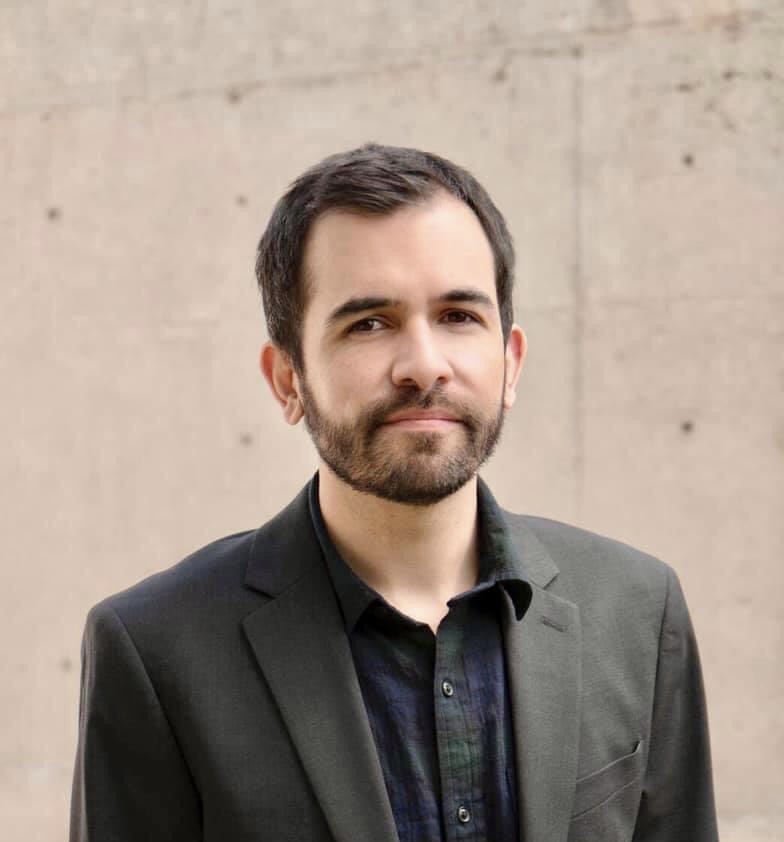
Nain Martínez is a Research Professor at the Center for International Studies. He holds a PhD in Environmental Science, Policy, and Management and a specialization in Science and Technology Studies from the University of California, Berkeley. His research agenda addresses the relationship between techno-scientific development and the political process in the co-production of socio-technical futures and, in particular, its implications for environmental governance.
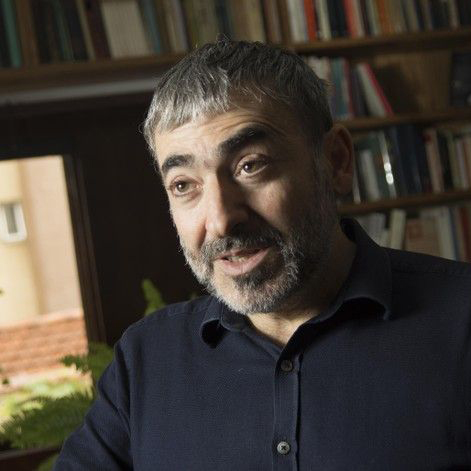
Marcos Nobre is Professor of political philosophy at the State University of Campinas (Unicamp) and director of the Center for Critical Imagination (CCI), based at the Brazilian Center for Analysis and Planning (Cebrap).
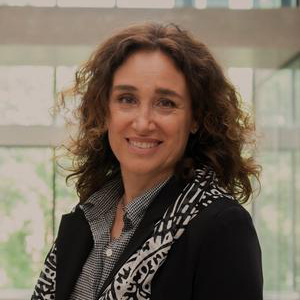
Barbara Petrongolo is a Professor of Economics at the University of Oxford and a Professorial Fellow at Nuffield College. She is Director of the CEPR Labour Economics Programme and Research Associate at the Centre for Economic Performance of the London School of Economics. She previously held positions at Queen Mary University of London, the London School of Economics, the Paris School of Economics and the University of Carlos III (Madrid).

Paul Pierson is the John Gross Distinguished Professor of Political Science at Berkeley, where he also directs the newly established Berkeley Economy and Society Initiative (BESI). Pierson is the author or co-author of six books and numerous journal articles, along with a wide range of popular writings on American politics and public policy. Four of his books have been co-authored by Jacob Hacker. Their latest book is Let Them Eat Tweets: How the Right Rules in an Age of Extreme Inequality.
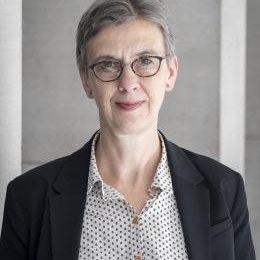
Katharina Pistor is a leading scholar and writer on corporate governance, money and finance, property rights, and comparative law and legal institutions. She is the author or co-author of nine books. Her most recent book, The Code of Capital: How the Law Creates Wealth and Inequality, examines how assets such as land, private debt, business organizations, or knowledge are transformed into capital through contract law, property rights, collateral law, and trust, corporate, and bankruptcy law. The Code of Capital was named one of the best books of 2019 by the Financial Times and Business Insider.
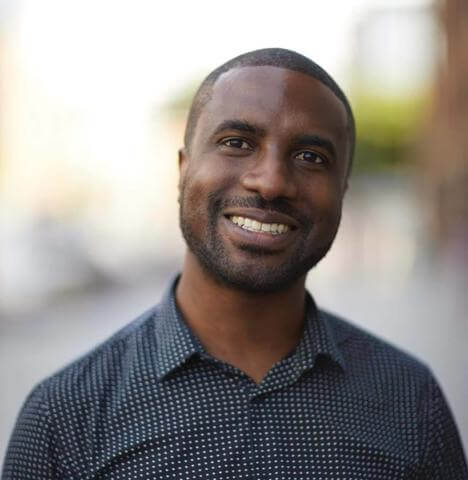
Michael Ralph, Center for Equitable Economy and Sustainable Society at Howard University, conducts research that integrates political science, economics, history, and medical anthropology through an explicit focus on debt, slavery, insurance, forensics, and incarceration.
He is currently at work on two books that center on slavery, insurance, and incarceration.
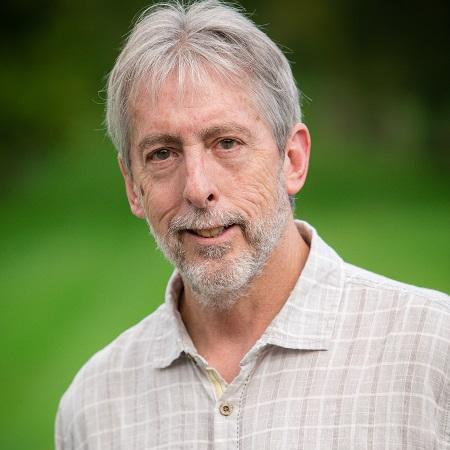
Kenneth M. Roberts is the Richard J. Schwartz Professor of Government at Cornell Univeristy. He earned his Ph.D. from Stanford University, with a specialization in comparative and Latin American politics. His teaching and research interests focus on democracy and the political economy of development, in particular the politics of inequality. Much of his published work explores the intersection of political parties, social movements, and populism, in Latin America and beyond.
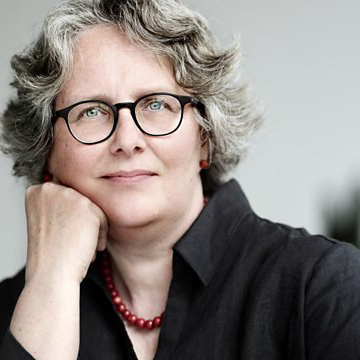
Ingrid Robeyns works on issues in contemporary political philosophy and applied ethics, and holds the Chair in Ethics of Institutions at the Ethics Institute of Utrecht University. She is specialised in applied and “non-ideal” ethics and political philosophy, and in interdisciplinary and synthetic research, as well as in the development of normative frameworks, theories, and methods that are needed to do this kind of research.
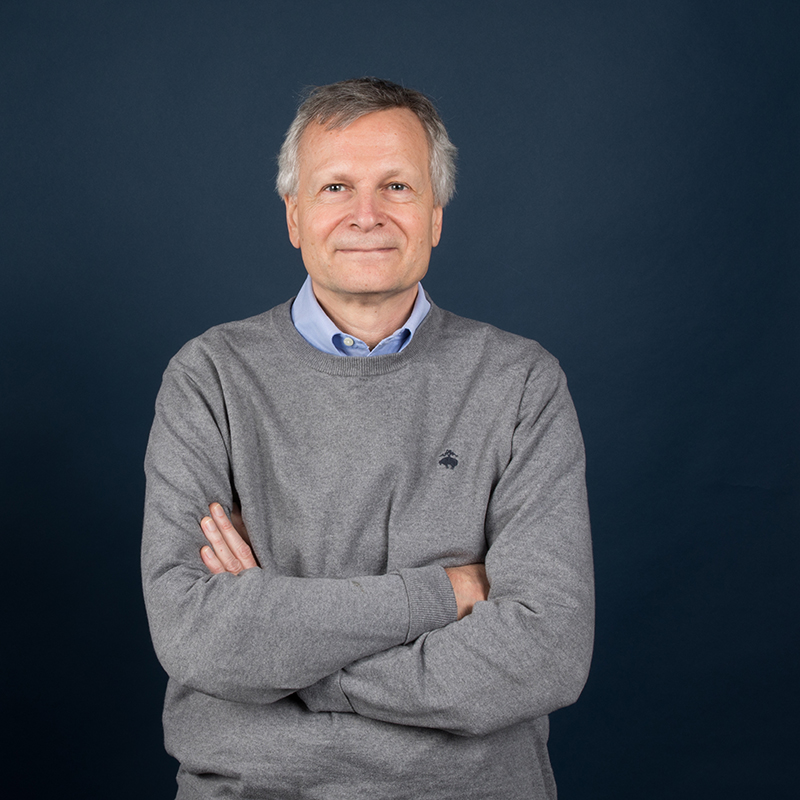
Dani Rodrik is Ford Foundation Professor of International Political Economy at the Harvard Kennedy School. He has published widely in the areas of economic development, international economics, and political economy. His current research focuses on inclusive economic growth, in both developing and advanced economies. He is the recipient of numerous awards, including the inaugural Albert O. Hirschman Prize of the Social Science Research Council and the Princess of Asturias Award for Social Sciences.
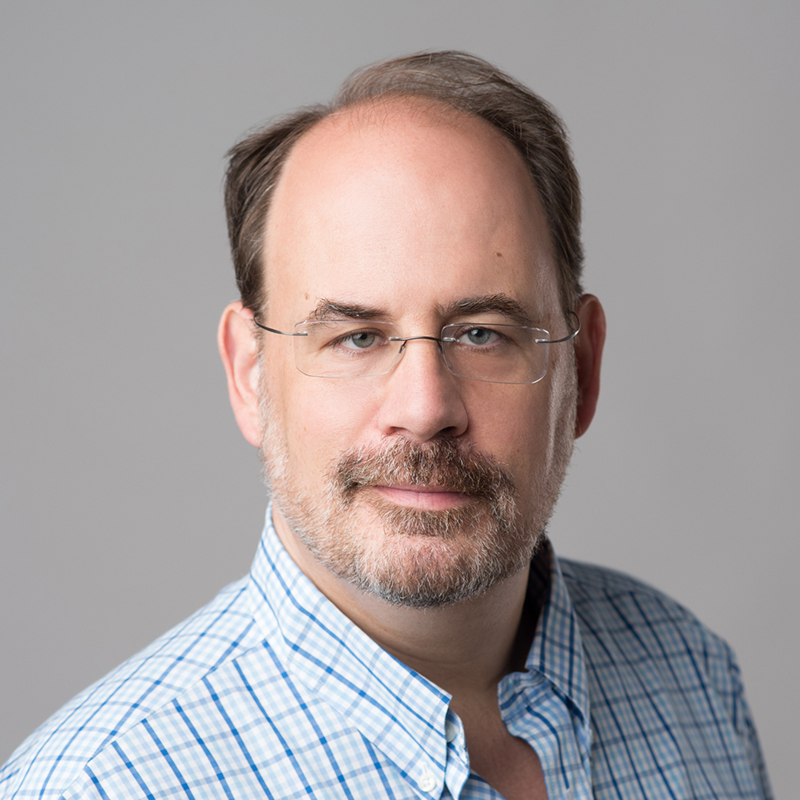
Steven Teles is Professor of Political Science at Johns Hopkins University where he is Director of the Center for Economy and Society, and Senior Fellow at the Niskanen Center. His research interests include American politics, social policy, law and public policy, and political analysis.
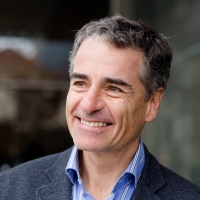
Andrés Velasco is the inaugural Dean of the School of Public Policy at the LSE, and author of nearly one hundred academic articles, several academic books and two novels. He was previously Minister of Finance of Chile between March 2006 and March 2010, and a presidential candidate in Chile in 2013.
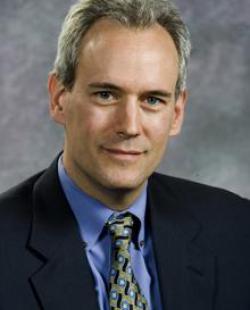
Steven K. Vogel is Director of the Political Economy Program, the Il Han New Professor of Asian Studies, and a Professor of Political Science and Political Economy at the University of California, Berkeley. He specializes in the political economy of the advanced industrialized nations, especially Japan. His most recent book, entitled Marketcraft: How Governments Make Markets Work, argues that markets do not arise spontaneously but rather are crafted by individuals, firms, and most of all by governments.
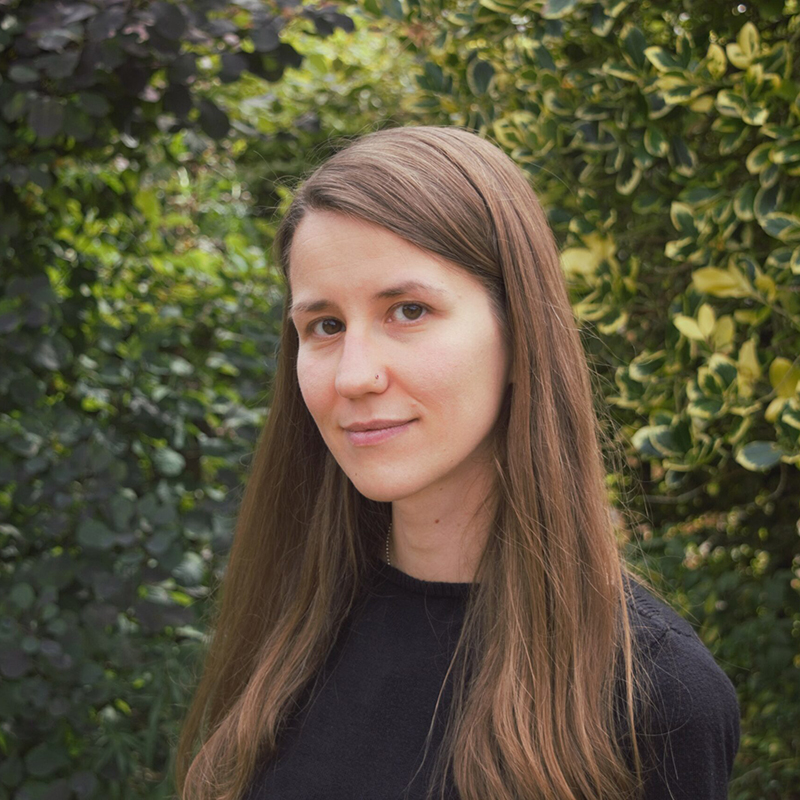
Dr. Sandra Wachter is Professor of Technology and Regulation at the University of Oxford at the Oxford Internet Institute and is Humboldt Professor of Technology and Regulation at the Hasso Plattner Institute. At the Oxford Internet Institute, Professor Sandra Wachter leads and coordinates the Governance of Emerging Technologies (GET) Research Programme that investigates the legal and ethical implications of AI, Big Data, and robotics as well as Internet and platform regulation.
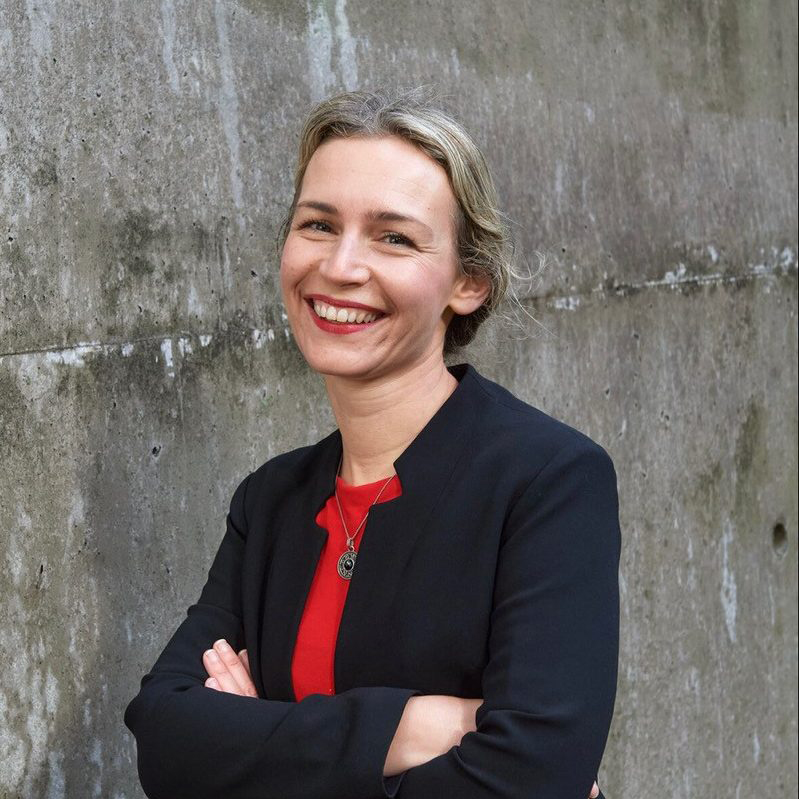
Lea Ypi is Professor of Political Theory at the LSE. Her research interests include normative political theory (including democratic theory, theories of justice, and issues of migration and territorial rights), enlightenment political thought (especially Kant), Marxism and critical theory, and nationalism in the intellectual history of the Balkans (especially Albania).
